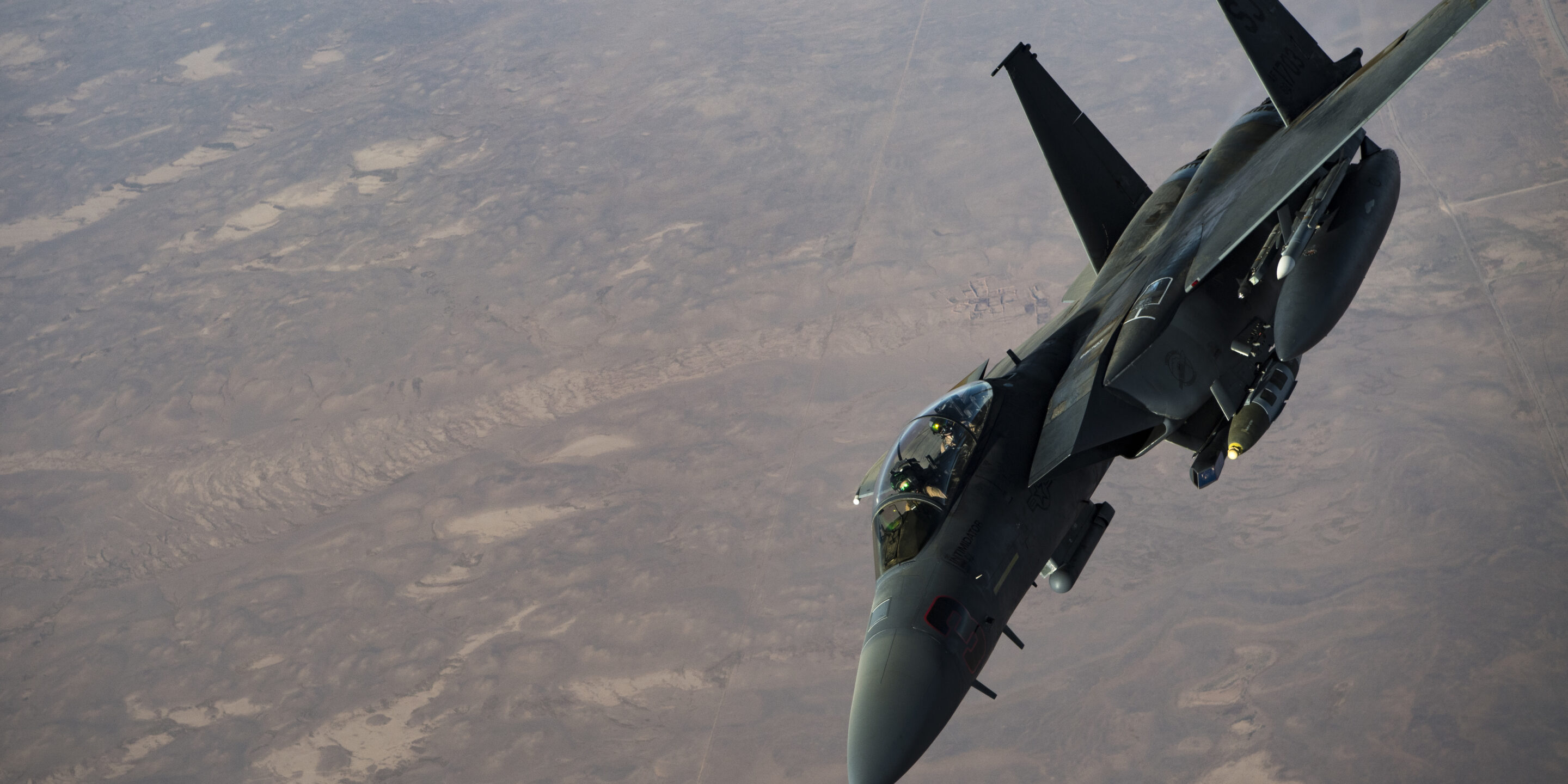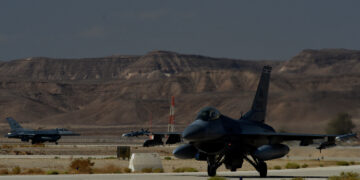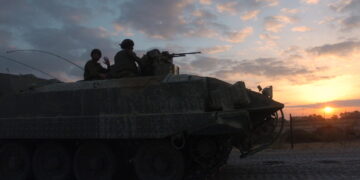October 30, 2023
The United States must avoid deeper involvement in Israel-Hamas conflict

Fighting between Israel and Hamas continues to rage with regional implications that could cause the United States to sleepwalk into another major Middle East conflict. False conceptualizations of deterrence have proven hollow as the Biden administration claims it will not send U.S. troops into the fray but surges military assets to the region in an effort to deter the conflict from widening. Recent efforts by Iran-backed militias to break informal ceasefire pledges in Iraq while attacking U.S. positions with drones in the north, alongside similar attacks in Syria and Yemen, highlight the threat posed to U.S. forces in the region. As such, Washington would benefit from a risk-averse strategy that safeguards American lives and encourages de-escalation.
The southern front, constituting Israel, Gaza, and Egypt, has experienced a constant exchange of fire since Hamas launched its October 7 attack. But this is not the only active front, as the Iran-backed Hezbollah militia in Lebanon has traded missile and artillery strikes with Israel since October 7. Similarly, unknown assailants launched missile strikes from Syria into the disputed northern territories constituting Israel’s north, leading Israel to respond with artillery and airstrikes on Southwest Syria and the Damascus and Aleppo airports, respectively. Other Iran-backed groups, including militias in Iraq and the Houthi Movement in Yemen, have equally pledged to attack Israel should it continue to escalate against Hamas and the Palestinian public.
Iran has also gradually upped its rhetoric, threatening a military response to a nearly guaranteed Israeli ground invasion into Gaza to uproot Hamas for good. While it is difficult to tell if this is a legitimate threat, it suggests Tehran could allow its proxies in the region—namely Hezbollah—to attack Israel.
As such, Washington has attempted to regain deterrence by moving two carrier groups into the eastern Mediterranean and placing 2,000 military personnel on heightened alert in a signal of “unwavering support” for Israel. U.S. officials have conducted a major campaign to organize a broad condemnation of Hamas for its attack while also attempting to deter Israel’s adversaries from entering the fray. The idea is that Iran, and potentially Hezbollah and the Syrian government, would not risk escalation should the U.S. respond with overwhelming force against them.
More on Middle East

By Jennifer Kavanagh and Dan Caldwell
July 9, 2025

Featuring Rosemary Kelanic and Jennifer Kavanagh
June 30, 2025
Events on Middle East







